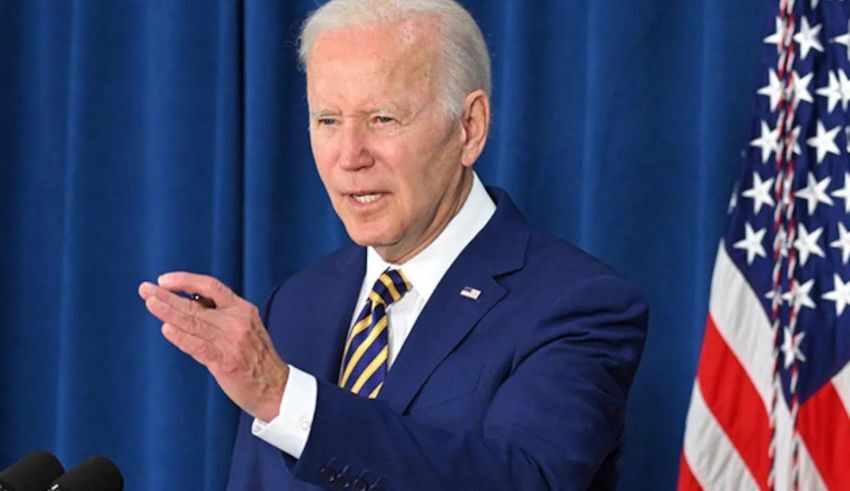
Southeast Asian leaders have convened in Jakarta for the year’s final summit, hosted by Indonesian President Joko Widodo. The meeting, however, is plagued by a slew of difficult and complex topics that appear to have no clear resolution. These obstacles include Myanmar’s protracted civil war, increasing tensions in the disputed South China Sea, and the United States’ long-standing rivalry with China.
Under strong security precautions, the Association of Southeast Asian Nations (ASEAN) meetings began in the Indonesian capital. Notably, the absence of the U.S. President Joe Biden, a regular attendee at these summits, casts a somber atmosphere over the traditional display of unity and diplomatic handshakes among ASEAN leaders.
High-Stakes Diplomacy at the Summit
The ASEAN heads of state gathered on Tuesday, with plans to engage Asian and Western counterparts from Wednesday to Thursday. This expanded platform has become an important arena for the United States, China, and their allies to participate in broad conversations about free trade, climate change, and global security. It has also grown into a stage for their geopolitical rivalry.
Chinese Premier Li Qiang was slated to participate in these meetings, including the 18-member East Asia Summit. He was supposed to meet with U.S. officials during this event. Vice President Kamala Harris joined President Biden in his absence, as did Russian Foreign Minister Sergey Lavrov. This meeting of world leaders highlights the high-stakes diplomatic maneuverings going on during the ASEAN conference.
Biden’s Strategic Priorities
While President Biden’s absence from the ASEAN meeting is notable, the US administration has stressed that this does not imply a lack of priority for the Indo-Pacific or Southeast Asian nations. The Biden administration has been aggressively striving to extend America’s engagement with the area and strengthen security ties, something China has noted.
Marty Natalegawa, a former foreign minister of Indonesia, expressed disappointment over Biden’s non-appearance. However, he raised a more profound concern – the diminishing relevance of ASEAN in the international arena. Structural challenges, such as the bloc’s non-interference principle and consensus-based decision-making, have hindered ASEAN from effectively addressing critical regional issues.
The Jakarta summit’s agenda is dominated by persistent challenges, particularly Myanmar’s prolonged civil unrest and tensions in the South China Sea. Despite Indonesia’s efforts to shift the focus towards regional economic growth, geopolitical and security issues continue to overshadow the proceedings.
Keep Reading
EU’s Warning and Myanmar’s Role in ASEAN
The European Union has expressed concerns about its relations with ASEAN if Myanmar assumes a leadership role within the bloc. Myanmar’s military-led government, though unrecognized by ASEAN, remains a member. Recent developments suggest Myanmar may reconsider its role as host in 2026, potentially paving the way for the Philippines to step in.
In response to ongoing crises, ASEAN member states have discussed reforms that would enable the bloc to make decisions in the absence of unanimous consent. These reforms aim to facilitate a more effective response to critical situations, addressing a longstanding challenge.
Dinna Prapto Raharja, an international relations analyst and professor based in Jakarta, emphasized the need for ASEAN to maintain its credibility while addressing the Myanmar crisis. Despite lacking a specific conflict-resolution mechanism for domestic issues, ASEAN must adapt and utilize its influence and connections to effectively address pressing regional problems.
As the ASEAN conference begins in Jakarta, Southeast Asian leaders face a slew of complex issues. Their goal is to find solutions while reinforcing the bloc’s role as a key player in determining Southeast Asia’s future.




